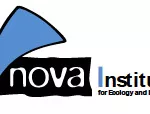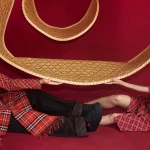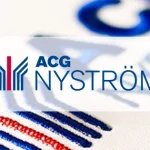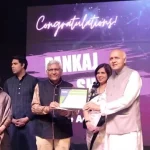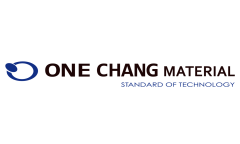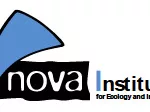
Collage: Innovation award “Renewable Material of the Year 2021” Source: nova-Institut GmbH
20.05.2021
Winners of the innovation award “Renewable Material of the Year 2021”: A chair made from hemp fibres and bio-resin, PET bottles made from enzymatically recycled textile waste and CO2-based household cleaners
The new concept of the Renewable Materials Conference generated an outstanding response: 420 participants witnessed a firework of innovations of non-fossil material solutions and voted for the winners of the innovation award
For the first time, the nova-Institute presented highlights and innovations from bio- and CO2-based chemicals and materials as well as from chemical recycling. Or in other words: all material solutions based on renewable carbon. They have the potential to replace petrochemicals by 2050. All additional fossil carbon from the ground must be substituted to tackle climate change at its roots. The three winners are from the Netherlands (Plantics & Vepa), France (Carbios) and the USA/Switzerland (LanzaTech). They perfectly cover the three renewable carbon options: bio-based (hemp fibre and bio-resin), recycling (enzymatic recycling of PET) and CO2 utilisation (household cleaners). All three winners can be seen on the award collage.
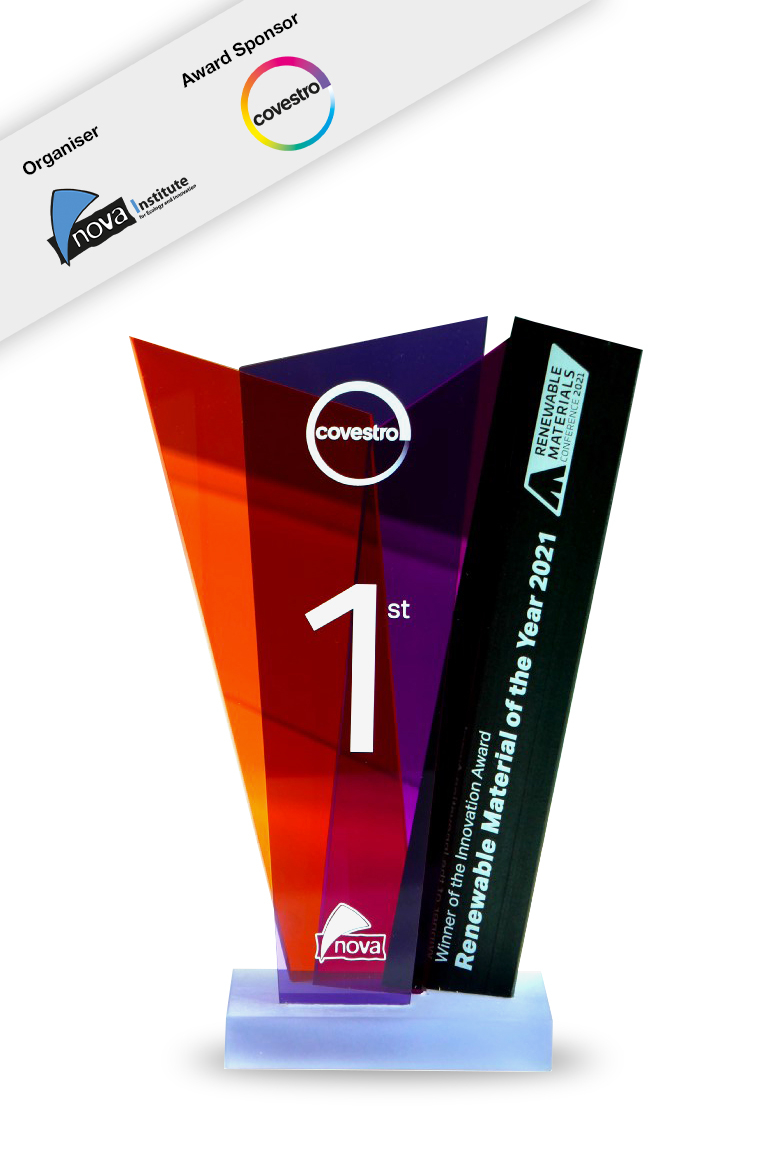
Trophy: Renewable Material of the Year 2021 Source: Covestro AG
The three-day Renewable Materials Conference (18 – 20 May, online) attracted 420 visitors, thus exceeded all expectations. The unique combination of topics created a completely new platform for presenting solutions to representatives from other industries and for building new networks. And this opportunity was used extensively – thanks to the advanced online conference system: 60 speakers, 11 panel discussions, 500 public posts and 1,500 networking activities proved the lively exchange during the three conference days.
Extensive information can be found on the website and in the conference journal available at http://www.renewable-materials.eu.
The conference advisory board selected six companies from 36 innovative and excellent submissions – all 36 are listed individually in the conference journal – to showcase their technologies and applications to the audience. All the products presented are already available on the market or will be launched soon. The three winners were selected by the participants on the second day of the conference. The innovation award was sponsored by Covestro (Germany) and awarded jointly with the nova-Institute (Germany). And here are the three winners in detail:
First place: Plantics (The Netherlands) & Vepa (The Netherlands): Most Sustainable Chair Ever from Hemp Fibres and Thermoset Bioresin
Dutch furniture manufacturer Vepa is the first in the world to launch a collection of chairs with a shell of a unique biomaterial. The used materials hemp fibre and bioresin are both fully biological, plant-based and recyclable. The unique bio-based resin and material are part of a new family of bio-based materials that have been developed by Plantics and is patented worldwide for many different applications. Plantics and Vepa collaborated intensively for two years to turn the biomaterial into a high-quality seat shell. The collection is produced entirely in the Netherlands and currently includes chairs and bar stools. The production process absorbs more CO2 than it emits. In addition, the chairs are designed in such a way that the various parts are easy to separate and materials can be reused endlessly.
More information: http://www.vepa.nl or http://www.plantics.nl.
Second place: Carbios (France): First Clear Plastic Bottles from Enzymatically Recycled Textile Waste
Carbios is the first and only company that develops biological processes to revolutionise the end-of-life of plastics and textiles. The mission is to provide an industrial solution to the recycling of PET plastics and textiles. This enzymatic recycling technology deconstructs any type of PET plastic waste into its basic components (monomers) which can then be reused to produce new PET plastics of virgin quality. In 2020, the first transparent plastic bottle from enzymatically recycled polyester textile waste was produced. Mechanical recycling technologies cannot recycle textile waste efficiently. In contrast, this new enzymatic process enables polyester fibres to be “upcycled” to a high-quality grade of PET suitable for the production of clear bottles.
More information: http://www.carbios.com/en/enzymatic-recycling.
Third place: LanzaTech (USA/Switzerland): CO2 Recycling for CarbonSmart Cleaning
In 2020, Switzerland’s largest retail company, Migros, and its subsidiary, Mibelle Group, launched a range of liquid cleaning products containing LanzaTech CarbonSmart Ethanol as part of Migros Plus Oeco Power and Potz cleaning ranges. These products are now on sale in Migros supermarkets in Switzerland. The CarbonSmart Ethanol is produced from recycled carbon from steel emissions. The new pathway reduces greenhouse gas emissions and keeps additional fossil resources in the ground, protects biodiversity and avoids land-use change. The significant contribution to sustainability was validated through an independent life cycle analysis and the approach received support from experts at WWF in Switzerland.
More information: http://www.lanzatech.com.
The nova-Institute would like to thank all sponsors, partners and media partners whose support contributed to the great success of the conference. The innovation award was sponsored by Covestro (DE). Neste (FI), Sorona (USA), SUGAR ENERGY (CN) and UPM (FI) supported the conference as Gold Sponsors, Alfa Laval (SE), FKuR (DE), MMAtwo (EU), Photanol/Renolit (NL, DE) as Silver Sponsors and LanzaTech (USA/CH) as a Bronze Sponsor.
The nova-Institute is looking forward to welcoming visitors of next year’s Renewable Materials Conference back on-site in Cologne, because one thing the participants still missed: the fantastic dinner buffet and a cold Kölsch (local beer specialty from Cologne) on tap. The next conference is planned as a hybrid event in May 2022. Further information on the next conference will be available here soon: http://www.renewable-materials.eu.
